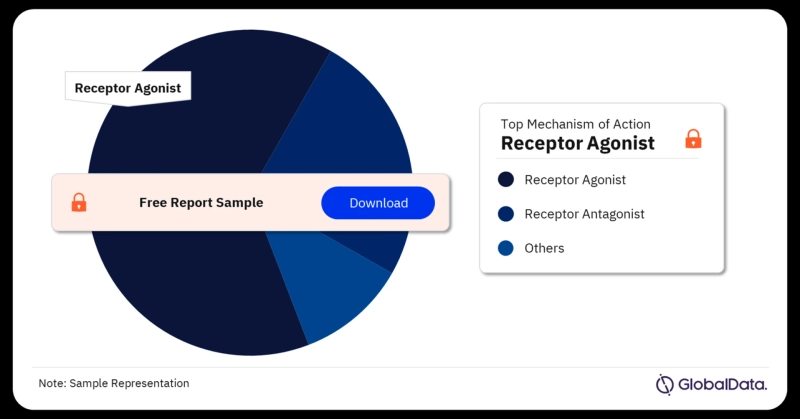Polycystic Ovary Syndrome (PCOS) is a complex hormonal disorder that affects millions of women worldwide. Characterized by irregular menstrual cycles, ovarian cysts, and hormonal imbalances, PCOS can have a significant impact on fertility, metabolism, and overall well-being. Fortunately, there are several treatment options available to manage the symptoms of PCOS and improve quality of life. In this comprehensive guide, polycystic ovarian syndrome competitive analysis we'll explore the various medications and therapies used in the treatment of PCOS, comparing their effectiveness, side effects, and long-term outcomes.
1. Oral Contraceptives:
Oral contraceptives, commonly known as birth control pills, are often prescribed to regulate menstrual cycles and reduce androgen levels in women with PCOS. By suppressing ovulation and balancing hormone levels, oral contraceptives can help alleviate symptoms such as irregular periods, acne, and excess hair growth. However, some women may experience side effects such as nausea, breast tenderness, and mood changes. It's important to consult with a healthcare provider to determine the most appropriate contraceptive option based on individual needs and medical history.
2. Anti-Androgen Medications:
Anti-androgen medications, such as spironolactone and cyproterone acetate, work by blocking the effects of male hormones (androgens) in the body. These medications can help reduce symptoms such as acne, hirsutism (excess hair growth), and male-pattern baldness. While anti-androgens can be effective in managing PCOS symptoms, they may take several months to achieve optimal results, and regular monitoring of hormone levels is necessary to ensure safety and efficacy.
3. Metformin:
Metformin is a medication commonly used to treat type 2 diabetes, but it is also prescribed off-label for women with PCOS, particularly those who have insulin resistance. By improving insulin sensitivity and reducing insulin levels, metformin can help regulate menstrual cycles, promote ovulation, and lower androgen levels. However, some women may experience gastrointestinal side effects such as nausea, diarrhea, and abdominal discomfort. It's important to start metformin at a low dose and gradually increase as tolerated to minimize side effects.
4. Lifestyle Interventions:
In addition to medications, lifestyle interventions such as diet and exercise play a crucial role in managing PCOS symptoms and improving overall health. A balanced diet rich in fruits, vegetables, lean proteins, and whole grains can help regulate insulin levels and promote weight loss, which in turn can improve menstrual regularity and fertility. Regular exercise, including aerobic activity and strength training, can also help reduce insulin resistance, lower androgen levels, and improve metabolic health in women with PCOS.
5. Assisted Reproductive Technologies (ART):
For women with PCOS who are struggling with infertility, assisted reproductive technologies such as in vitro fertilization (IVF) may be recommended. IVF involves retrieving eggs from the ovaries, fertilizing them with sperm in a laboratory, and transferring the resulting embryos into the uterus. While IVF can be an effective option for women with PCOS who have difficulty conceiving naturally, it is often considered a last resort due to its high cost, invasiveness, and potential risks.
Conclusion:
There is no one-size-fits-all approach to treating PCOS, and the most appropriate treatment option will depend on individual symptoms, goals, and medical history. In many cases, a combination of medications, lifestyle interventions, and fertility treatments may be necessary to effectively manage PCOS and improve quality of life. It's important for women with PCOS to work closely with a healthcare provider to develop a personalized treatment plan that addresses their unique needs and concerns. With the right combination of medications and therapies, women with PCOS can take control of their health and achieve optimal outcomes.
Buy the Full Report for More MoA insights into the Polycystic Ovarian Syndrome Marketed Drugs
Enquire & DecideDiscover the perfect solution for your business needs. Enquire now and let us help you make an informed decision before making a purchase.



